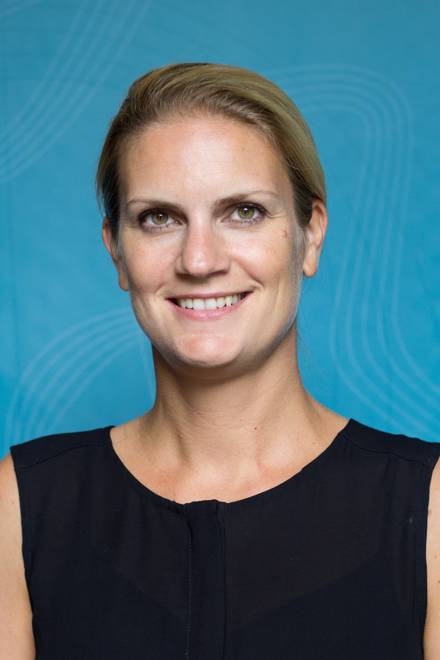- Sexual violence
- Demography and conflict
- State repression
- Religion and violence
- The climate change-conflict nexus
Ragnhild Nordås focuses on what has been one of the most important gaps in the conflict literature: The relative lack of attention given to sexual and gender-based violence. It is only within the last fifteen years that political scientists have begun to engage with this as a topic of rigorous empirical study, in part for lack of available data. Nordås studies sexual violence and sexual harassment as part of warfare as well as during times of relative peace. Her current book project focuses on states as perpetrators, and the causes and consequences of sexualized repression*.*
Dr. Nordås is a recipient of PhD funding from the Centre for the Study of Civil War (CSCW), a Predoctoral Fellowship from the Belfer Center at Harvard Kennedy School, and has been a visiting fellow at the Kroc Institute, University of Notre Dame 2010-2011.She has received research grants from the Research Council of Norway, Folke Bernadotte Academy, Sweden; National Science Foundation, US; and the Norwegian Foreign Ministry. Her work to date has been published in, amongst other, American Journal of Political Science, Journal of Peace Research, Journal of Conflict Resolution, International Studies Quarterly and Political Geography.
Sexual Violence in Armed Conflict (SVAC)
The SVAC research project responds to the gravity of the problem of sexual violence and the critical need for more systematic information by creating a comprehensive Sexual Violence in Armed Conflict (SVAC) dataset covering the twenty-year period 1989–2009 as well as targeted case studies. We will use this data to analyze patterns of sexual violence in and across conflicts and conflict actors, including in the immediate aftermath of war. By disseminating our data and findings, we seek to advance the research on conflict processes, raise awareness of the problem of sexual violence in armed conflicts, and facilitate evidence-based preventive strategies.
For more information on the global SVAC database see www.sexualviolencedata.org where an updated version of the dataset is available (November 2016) here
Female Empowerment in Eas tern DR Congo (NORGLOBAL)
http://www.prio.org/Projects/Project/?x=1094
Project investigating how survivors of sexual and gender-based violence can be empowered and reintegrated into society through socioeconomic support programs; and building local research capacity through ICART research center in Bukavu.







